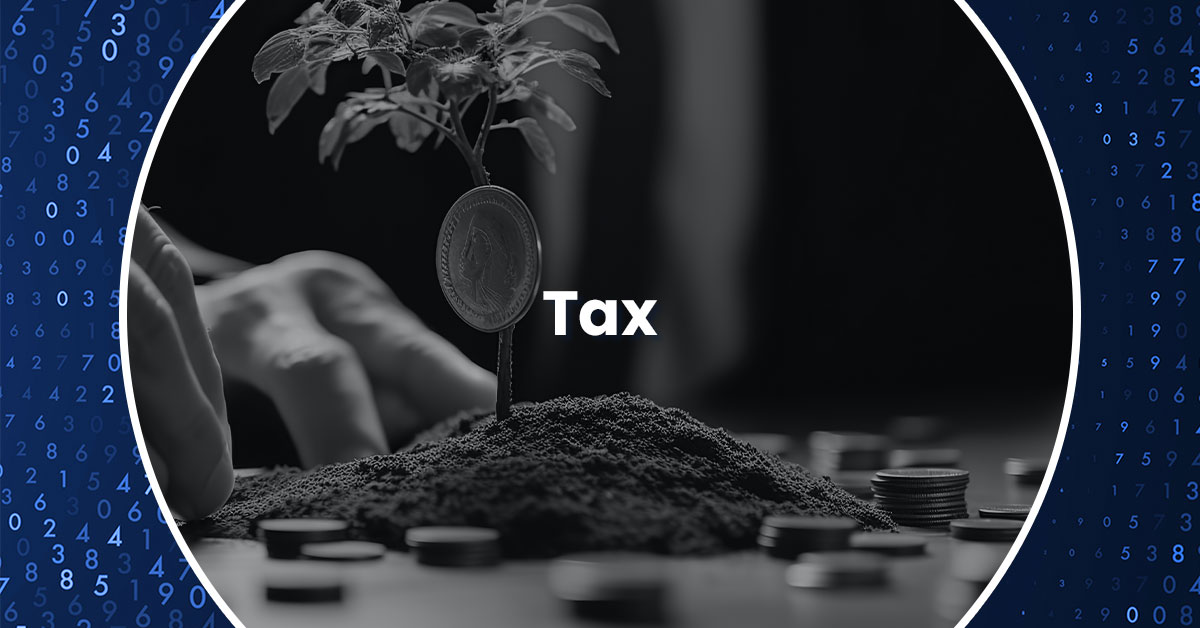By Laura Zindel
Taking out a 401(k) loan can feel like a convenient way to borrow from yourself. But when does a 401(k) loan default, and what are the consequences if it does? Many employees aren’t prepared for the financial setbacks that can follow a default, and the timing can surprise you.
Why do 401(k) loans end up in default?
The most common reason for defaulting on a 401(k) loan is the loss of a job. To understand how job loss affects your retirement plan, see how workforce reduction impacts 401(k) loans and plans.
If the employee loses his or her job, the plan document rule requires that any outstanding loan balance must be repaid within a certain timeframe, based on when the default occurred. Most plans require employees to repay their loans through payroll deductions, and employees become so accustomed to this automated process that they don’t even realize their loan is no longer being repaid after termination — until it’s too late.
Participants who are still employed can also default on loans. If they elect to forgo the automatic payroll deductions and pay via a check, or ask their employer to halt the automatic payroll deductions, they are still at risk for a 401(k) loan default if payments to their loans are not made timely.
When does a 401(k) loan default?
As with any loan, 401(k) loans default when payments aren’t made on time. Learn more about how to manage 401(k) loan remittance schedules and payment deadlines to stay in good standing.
Many borrowers mistakenly believe their loan will continue without interruption. But without manual payments after leaving a job, you’re at high risk of defaulting on your 401(k) loan. Each plan can specify its time limits, but many plans offer cure periods, or grace periods, that extend until the last day of a calendar quarter following the calendar quarter when a missed payment was due.
For example, if you miss a loan payment that was due July 1, you would have until Dec. 31 to make a payment before your loan goes into default.
What happens when a 401(k) loan defaults?
When your 401(k) loan defaults, it is treated as a taxable distribution. That means:
- You’ll receive a 1099-R tax form showing the amount that must be reported as income.
- You’ll owe income taxes on the defaulted amount.
- If you’re under age 55, an additional 10% early withdrawal penalty applies.
In other words, defaulting on a loan not only reduces your retirement savings, it may also hit you with a significant tax bill.
Do I have to pay back a defaulted 401(k) loan?
The short answer is no.
Once a 401(k) loan has been declared in default and treated as a distribution, the loan is effectively closed. So, paying back a defaulted 401k loan is not required, but you will need to pay the taxes and penalties associated with the defaulted amount. The defaulted loan amount reduces your overall 401(k) account balance, and you’ll need to manage the tax implications accordingly.
What are the consequences of a 401(k) loan default?
Although 401(k) loan defaults don’t impact your credit score or carry long-term consequences, the short-term costs can be daunting.
Employees don’t often consider this worst-case scenario when taking out a loan. Before borrowing, it’s important to review what to know before taking a 401(k) loan, including potential financial risks.
Instead, they assume they have five years to pay it back through payroll deductions. So before moving ahead with a loan, first consider what your long-term plans are for your career and what would happen if you stopped receiving paychecks and ended up in default.
For personalized advice on any accounting and financial concerns, contact Wiss today to speak with our expert advisors.
Laura Zindel is an Audit Manager with over 6 years of public accounting experience. She has provided audit, accounting, tax and business advisory services to privately-held businesses in industries such as manufacturing, wholesaling/distributing, and professional service firms. Laura is involved with the Employee Benefit Plan Group at the firm and audits several Defined Contribution and Defined Benefit Plans.
FAQs about 401(k) loan
1. What causes a 401(k) loan to go into default?
A 401(k) loan typically defaults if you miss scheduled repayments or fail to repay the outstanding balance within the plan’s specified grace period (often 60–90 days) after leaving your employer. Upon default, the unpaid balance is treated as a taxable distribution.
2. How long do I have to repay my 401(k) loan after leaving my job?
After leaving your job, you generally have until the due date of your federal income tax return (including extensions, typically April 15 or October 15 of the following year) to repay a 401(k) loan. Check your plan’s specific terms, as some may require faster repayment.
3. What are the tax consequences of defaulting on a 401(k) loan?
When a loan defaults, the IRS treats the outstanding balance as an early distribution. You’ll owe ordinary income tax, and if you’re under 59½, you may also face a 10% early withdrawal penalty.
4. Can I borrow from my 401(k) again after a loan default?
Whether you can borrow from your 401(k) after a default depends on your plan’s policies. Some plans bar new loans if you’ve defaulted, while others may permit it with restrictions, such as clearing the prior default or adhering to new loan limits.
5. How can I avoid defaulting on a 401(k) loan?
To avoid defaulting on a 401(k) loan, make timely repayments, typically through payroll deductions, while employed. If you plan to leave your job, confirm with your plan administrator whether you can continue manual repayments or roll the loan balance into another retirement account to avoid default.
6. Does a 401(k) loan default affect my credit score?
No. 401(k) loan defaults are not reported to credit bureaus, so they don’t impact your credit score directly. However, the resulting tax bill or penalties could cause financial strain.
7. Is there any way to reverse a 401(k) loan default?
Once a 401(k) loan default is reported as a taxable distribution, it’s generally irreversible. However, you may be able to roll the defaulted amount into an IRA or another eligible retirement plan within the IRS-allowed timeframe (typically 60 days or by the tax return due date) to avoid or reduce tax consequences, depending on your plan’s rules.
8. Who should I speak to about managing or avoiding 401(k) loan defaults?
Speak with a financial advisor or tax specialist. The advisory team at Wiss offers guidance on retirement planning, tax implications, and managing financial risks tied to your 401(k).

 Previous
Previous




